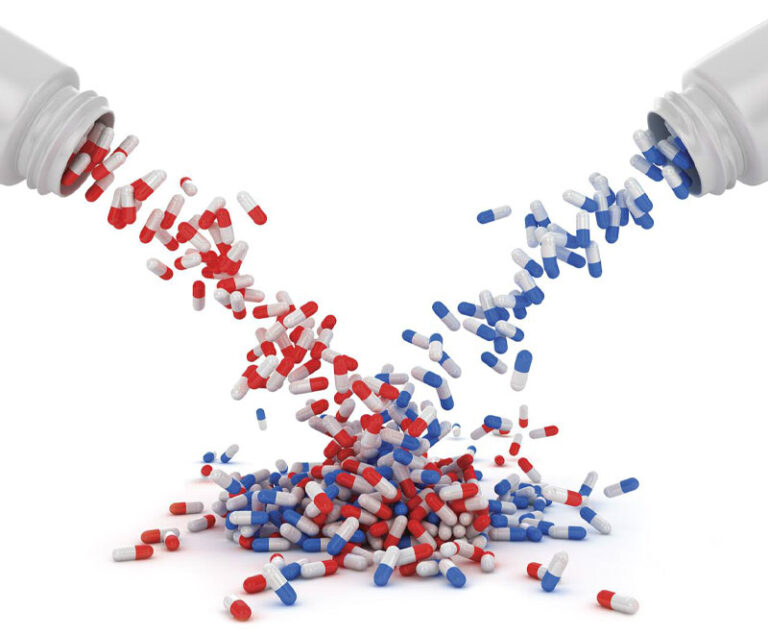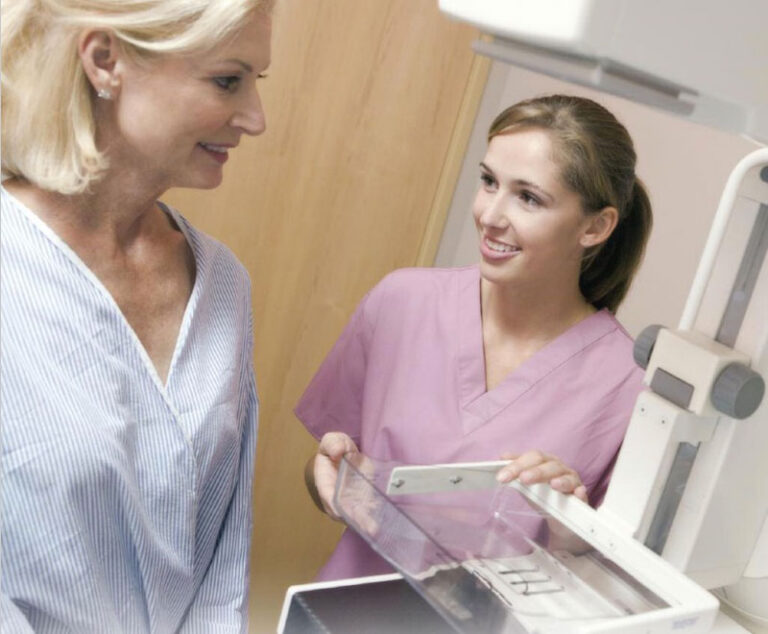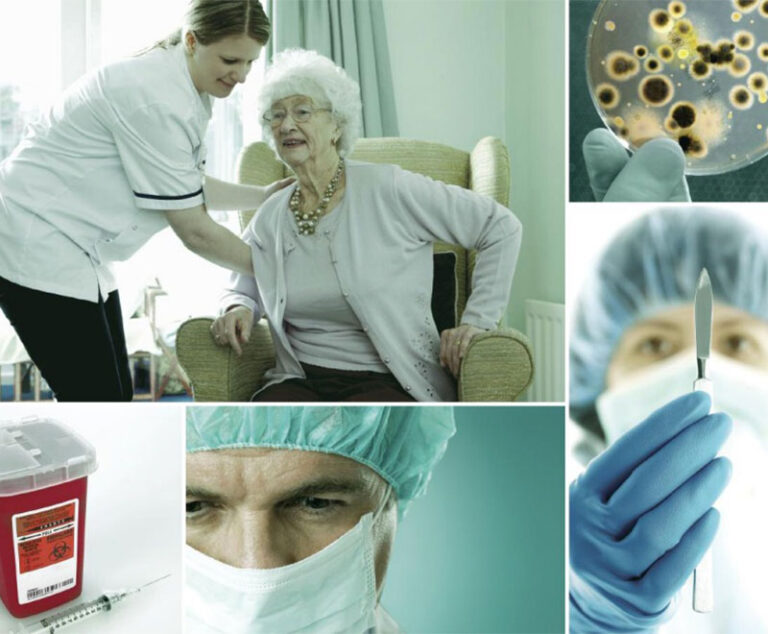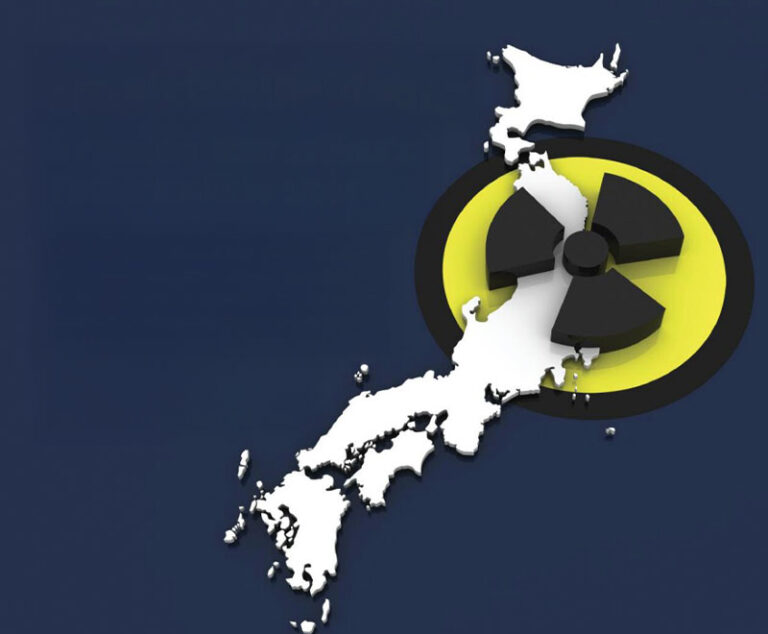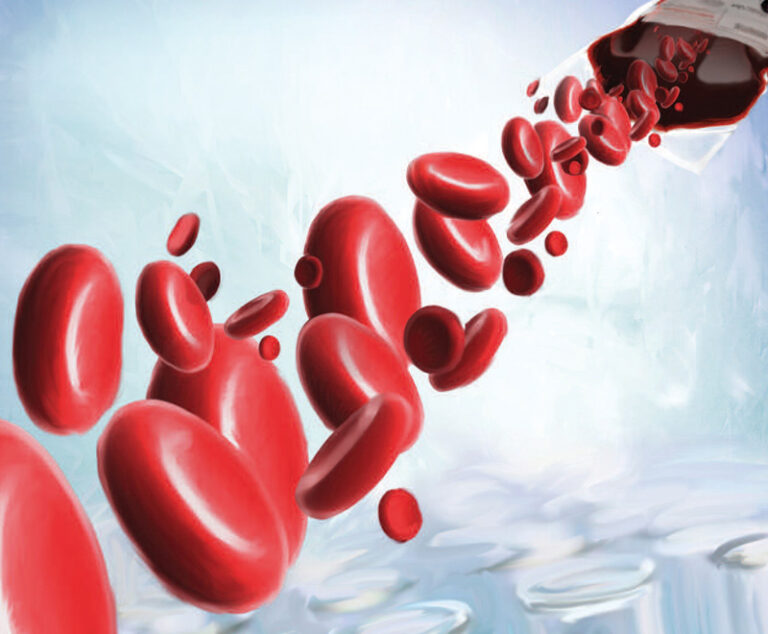Industry Insight
Information, Observation & Analysis
Patient Safety Articles
The federal government, physicians and consumers all have active roles to play in reducing medication errors that so often result in adverse drug events and a high cost burden.
In recent years, the medical specialty of women’s health has evolved beyond the basics of childbirth, breast cancer and bone density tests to encompass a spectrum of proactive screenings designed to prevent disease and prolong life.
From bloodborne pathogens to biological dangers, healthcare workers face a daunting number of safety hazards. Proper training, increased awareness and more stringent safeguards can help minimize the risks.
Despite international concern over Fukushima’s nuclear accident, comparing it with the 1986 accident in Chernobyl reveals that immediate medical intervention is not needed. However, if it were, techniques are available to counteract the radiation’s effects.
Today’s supply chain for blood and plasma products is safer than ever before, replete with stringent systems and safeguards to keep blood-borne diseases at bay.
